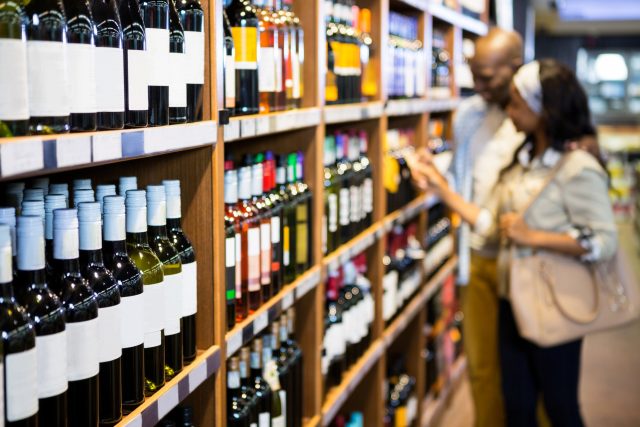This website uses cookies so that we can provide you with the best user experience possible. Cookie information is stored in your browser and performs functions such as recognising you when you return to our website and helping our team to understand which sections of the website you find most interesting and useful.
Kantar: UK grocery sees fastest rate of inflation since 2013
UK grocery is seeing the fastest rate of inflation since 2013, the latest data from Kantar reveals, as consumers shrug off pandemic habits and react to rising prices.

Fraser McKevitt, head of retail and consumer insight at Kantar, said that a complex picture was emerging, amid the fastest rate of inflation recorded since September 2013 (apart from the start of the pandemic, when grocers cut promotional deals to maintain availability)
“Added to this, ongoing supply chain pressures and the potential impact of the conflict in Ukraine are set to continue pushing up prices paid by consumers,” he said.
Households spent on average £26.07 less at supermarkets in February, with the supermarket sales down by 3.7% over the 12 weeks to 20 February 2022, however sales remain 8.4% higher than the same period before the pandemic in 2020.
McKevitt explained that the drop in monthly spending wasn’t all down to savvy budgeting, but consumers shrugging of pandemic routines.
“With the formal end to Covid restrictions in England, more of us are now eating on the go, buying sandwiches, salads and snacks on our lunch breaks, and enjoying meals out with friends and family. That means we’re buying less food and drink to have at home,” he said.
However, there was a boost from Valentines Day – still and sparkling wine jumped up by 15% in the week leading up to Valentine’s Day – and own label sales did better than brands for the first time in three months.
Meanwhile online sales fell by almost 20% year on year over the past month – a drop of around 835,000 people.
“It’s clear that some shoppers are shrugging off their pandemic habits. 835,000 fewer people bought groceries online over the past four weeks. That’s compared with the record 6.6 million buyers we saw last year. Digital sales now account for 13.3% of all spending, down 2.1 percentage points from last year.” This market-wide drop in online spending failed to dent Ocado’s performance. It bucked the trend to increase its sales by 0.2% over the past 12 weeks. The retailer also grew its market share from 1.7% to 1.8%.
Related news
InterContinental Singapore launches Champagne drive-through
A 'challenging yet surprising' vintage for Centre-Loire in 2024

